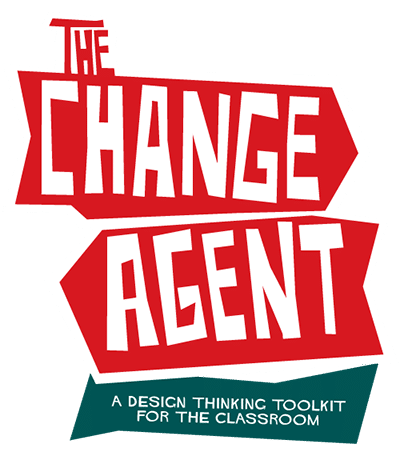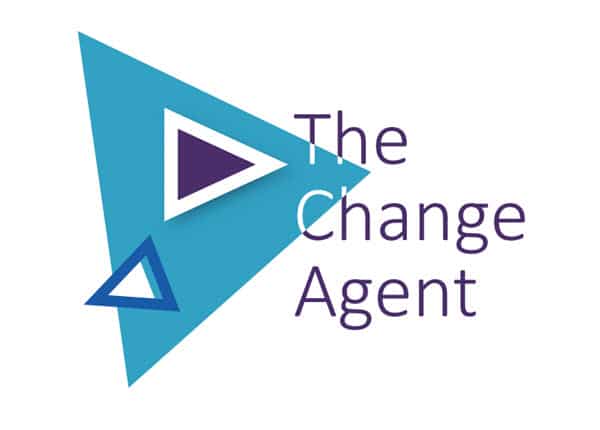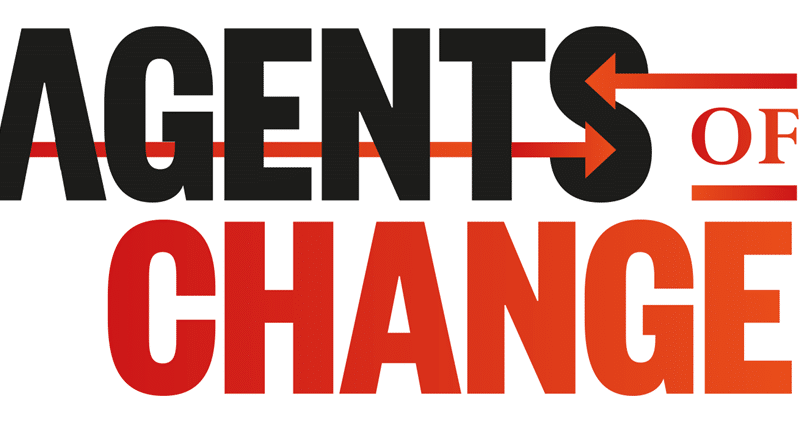Change is inevitable, and in every organization, there are people who actively ensure that these changes happen. Also, there are people who resist this change. However, this article will focus more on the change agents who work behind the scene in the change process. Also, these agents are sometimes within or outside the organization. Nevertheless, during the course of this article, you will be able to learn about the definitions, examples, types, and characteristics of change agents.

Without further all do, let’s take a look at the definition of the subject matter: Change agents.
Change Agents Definition
A change agent is a person from inside or outside an organization who actively supports the organizational change process. However, they can be managers or employees, or external consultants hired to aid initiatives. Also, they will facilitate, and support changes to be made in an organization. However, they focus on people and the interactions between them.
Additionally, they influence key persons to make the changes necessary for the transformation. They also influence them to make changes to their requests, attitudes, and behaviors. Also, they are seen as a catalyst for change, individuals who can make changes happen by inspiring and influencing others.
Nevertheless, an agent of change and change advocate is similar to the term change agent. However, a ‘change champion’ is not the same as a change agent though they have similar roles. A change champion can be just a cipher whereas a change agent often works ‘behind the scenes’ to achieve success.
Furthermore, they are divided into two groups: internal and external change agents. Internal change agents have the comfort of being familiar with an organization’s history, operations, and people. However, external change agents can offer a new view without the influence of a firm’s traditions and culture. Nevertheless, this will be discussed more in detail as you continue reading.
For now, lets see what are the characteristics of change agents.
Change Agents Characteristics
There are several characteristics of a change agent, however, here are the selected few.
#1. Flexibility
Being open to change needs an entrepreneurial mindset. Also, managers have to tap into creative abilities to find unusual ways for a business to grow and utilize opportunities. However, this includes connecting with people of different backgrounds to gain a deeper knowledge of perspectives, experiences, and characters.
#2. Effective Listening Skills
They are able to examine perspectives and consider them when looking for answers. This will help in reducing resistance to change; people want to feel that others are listening to their ideas. However, those who do will build stronger relationships with their people by gaining trust.
#3. Priority and Results oriented
In the change process, it’s often helpful to tie certain priorities to the overall business goals. However, these are must-win battles that define success or failure and are focused on enhancing the company’s performance. Doing this will streamline decision-making and create a clear idea of how the company is meeting up to expectations.
#4. Diversified Knowledge
Successful managers avoid being held in the confines of their industry. However, they look at what is going on in other sectors, and what is applicable to their own industries. Hence, gaining valuable insights and find new opportunities for growth.
#5. Accepting Responsibility
People often value courage and responsibility. In order to manage effectively, managers need to basically hold themselves responsible for their team’s performance. Also, they may have to make certain decisions that go against differing opinions and can cause conflicts. However, doing so with confidence and ready to handle the outcomes will prove that their intentions are driven by the best interests of the company, hence gaining the trust of their people.
Types of Change Agents
Generally, there are of two types: the internal and external change agents.
1. Internal
An internal change agent is a person inside an organization that looks after the change process. However, he can be any one of the employees like a senior executive, or manager. Also, he must have the necessary experience in technology and behavioral sciences for organizational growth and development.
2. External
An external change agent is a person from outside an organization that looks after the change process. Also, he is not limited to every rule and regulation of the firm. However, he has the right to offer a separate and different perspective and question the existing structure.
Change Agents Examples
An example of internal change agents are CEOs, executives, managers, corporate board members, and others in an organization’s workforce. However, external change agents include investors, community activists, suppliers, government regulators, and even consumers.”

Functions
Some of the fuctions they perform-
- They act as a catalyst and take the role of managing and begin activities related to change in the organization.
- They focus on innovation and progress in the organization through the change initiative
- Also, they manage and tracks objectives that have been set for them
- However, they formulate the method that will transform change
- They Improve the value of transformation offered by a firm
- Highlights advantages of proposed actions
- Speaks and advocates in favor of a change initiative
Conclusion
In conclusion, change agents are a vital part of every organization. Without them, organizations might be stuck up with their traditional ways of doing things.
Change Agents FAQ
What can change agents change?
A change agent is a person from inside or outside an organization who actively supports the organizational change process. However, they can be managers or employees, or external consultants hired to aid initiatives.
How do you identify a change agent?
There are several characteristics of a change agent, however, here are the selected few.
- #1. Flexibility
- #2. Effective Listening Skills
- #3. Priority and Results oriented
- #4. Diversified Knowledge
- #5. Accepting Responsibility
- Marketing Environment: Definition, Concept & Best Practices (+ Case Studies)
- INTERNAL MARKETING STRATEGIES: How to Create an Effective Marketing Brand
- What Is BUSINESS CYCLE?- Definition, Internal and External Causes
- Real Estate Trends: Comprehensive Market Trends 2021
- Fiscal Agent: Best Practices & Detailed 2021 Guide





